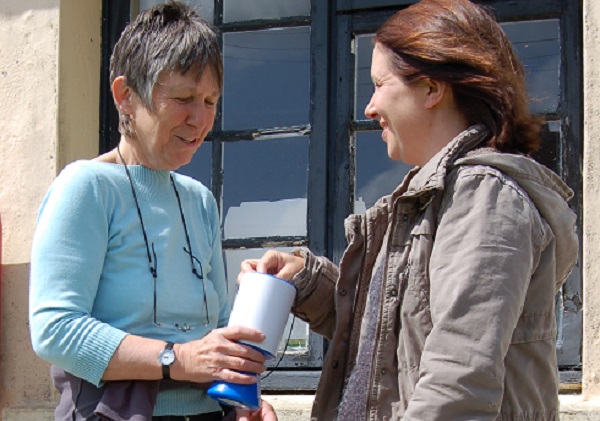 Bevan Foundation
Bevan Foundation 
In the first of a series of online articles about the future of ‘doing good’, Victoria Winckler looks at the independence of the third sector in Wales.
Wales’ third sector is BIG business. Worth some £3.7 billion to the economy and employing 79,000 people according to WCVA, it’s not far short of the construction sector in terms of the number of jobs. But the third sector faces some major challenges which raise important questions about the future of Wales’ not-for-profit organisations.
As part of a small-scale project with the Big Lottery Fund Wales, we’re looking at some of key issues – one of them being who sets the agenda of third sector organisations?
Almost every organisation has a mission or vision which defines their core purpose. Organisations can of course choose whatever agenda they want, but funders often play a very significant role in shaping it.
And here we come to the question of government funding
In Wales government is especially influential, providing around a third of charities’ and voluntary groups’ sector income.
Sometimes the influence of government is obvious.
Some charities are little more than arms-length bodies of the Welsh Government – Ministers’ remit letters to bodies such as the Arts Council of Wales pretty well tell them what to do. Other Welsh charities are substantially funded by the Welsh Government too, and the cash inevitably comes with strings.
While these organisations might be independent in how they provide services, who they employ, the colour of their logo and so on, their agenda is without question set by government. These bodies are arguably the 21st century quango state.
Sometimes the influence of funders is less obvious but no less real.
Funders might not attach strings to the cash but they still have a big impact:
- they frame the problems that they are willing to help to solve,
- they often determine the methods of working,
- and they almost always determine the outcomes that are acceptable.
Funding without strings attached is like snow in summer.
The invisible influence of funding on what organisations do is well illustrated by the example of ‘employability’. Ten years ago very few third sector organisations worked in this field. Recently, ’employability’ has become a government priority – now we’re all at it.
Not only is ’employability’ now on many third sector organisations’ agenda, how third sector organisations try to increase employability also reflects the government approach:
- It is taken as a given that not having a paid job is the problem.
- It is assumed that getting people into work is the solution.
- The approach is based on reducing ‘deficits’ in individuals’ skills, attitudes and behaviours.
Very few organisations question whether getting everyone into work whatever their circumstances is desirable. They’re not asking why the labour market only offers low paid, precarious work. And they’re rarely challenging whether the outputs they achieve – such as two weeks in work – genuinely improves people’s lives.
But not all third sector organisations are arms of the state
Influential though government is, it is fundamentally wrong to think that all third sector organisations are driven by Welsh Government priorities.
Some organisations have taken a principled decision not to accept government cash. And in the sector as a whole, two thirds of charity funding comes from non-governmental sources such as public donations, trusts and foundations, and from trading.
Even if organisations do receive Welsh Government funds, for many it is a very small proportion of their total income and so it is a moot point whether they are beholden to the Welsh Government.
Let’s talk about it
It is because funders – of all kinds – are so influential that we’re asking people from all backgrounds – government, third sector organisations that get government funding and those that don’t, the public sector and the private sector – to share your thoughts.
Please tell us what you think in our survey:
- Who really shapes the third sector’s agenda? Is that the right balance?
- How do charities, voluntary and community groups and social enterprises maintain and demonstrate their independence from government?
- How should the sector respond to a shrinking and contract-oriented state?
- Does the distinction between the public, private and third sector matter? Should they collaborate more for the good of all?
Victoria Winckler is Director of the Bevan Foundation. Find out more about the project and complete the survey here.
Declaration: the Bevan Foundation is undertaking this work for Big Lottery Fund for a modest fee. In financial year 2015/16 the Bevan Foundation did not receive any grant or fee income from the Welsh Government. It received grants from public bodies of £7,213 from the South East Wales Community Economic Development Fund and £2,500 from Cardiff Business School. In addition it earned £9,782 in consultancy fees from public bodies following competitive tender. Its total income in 2015/16 was £156,158.


